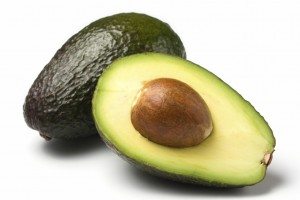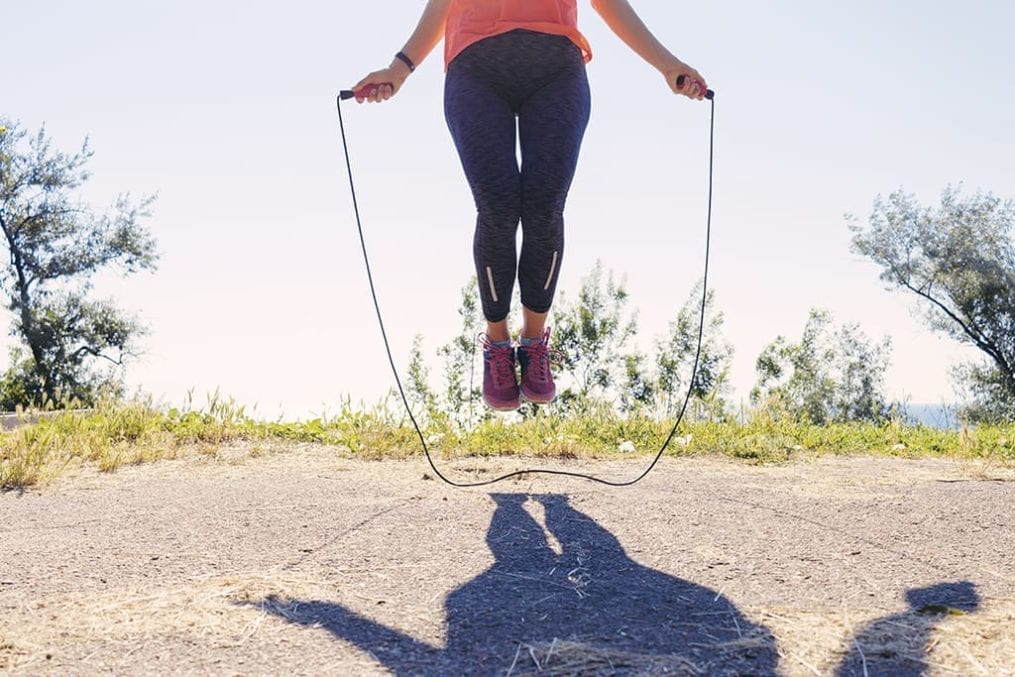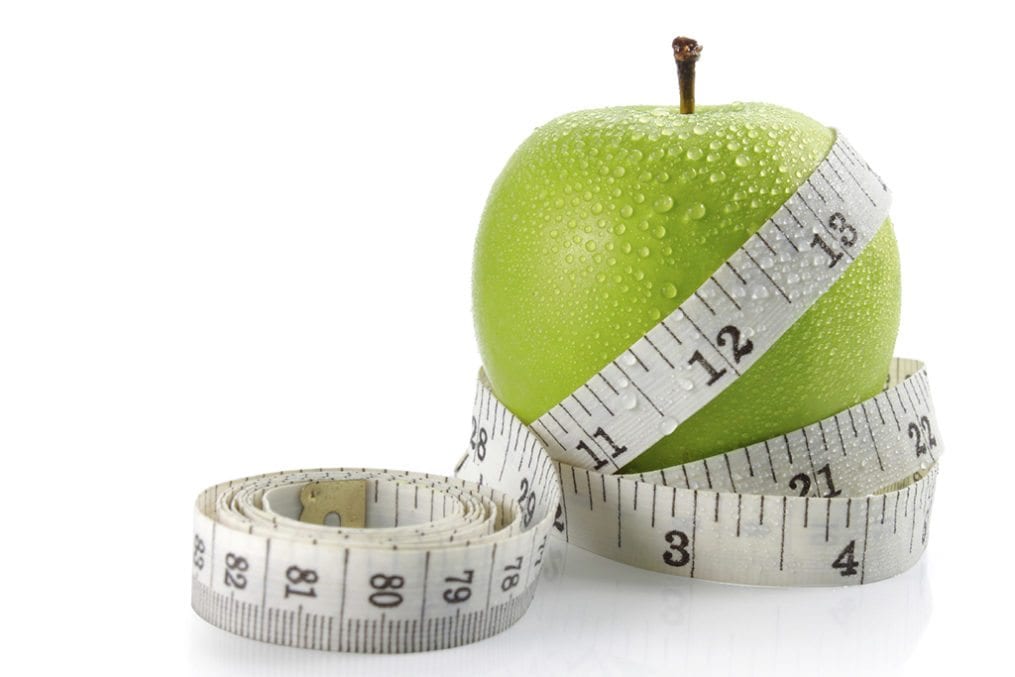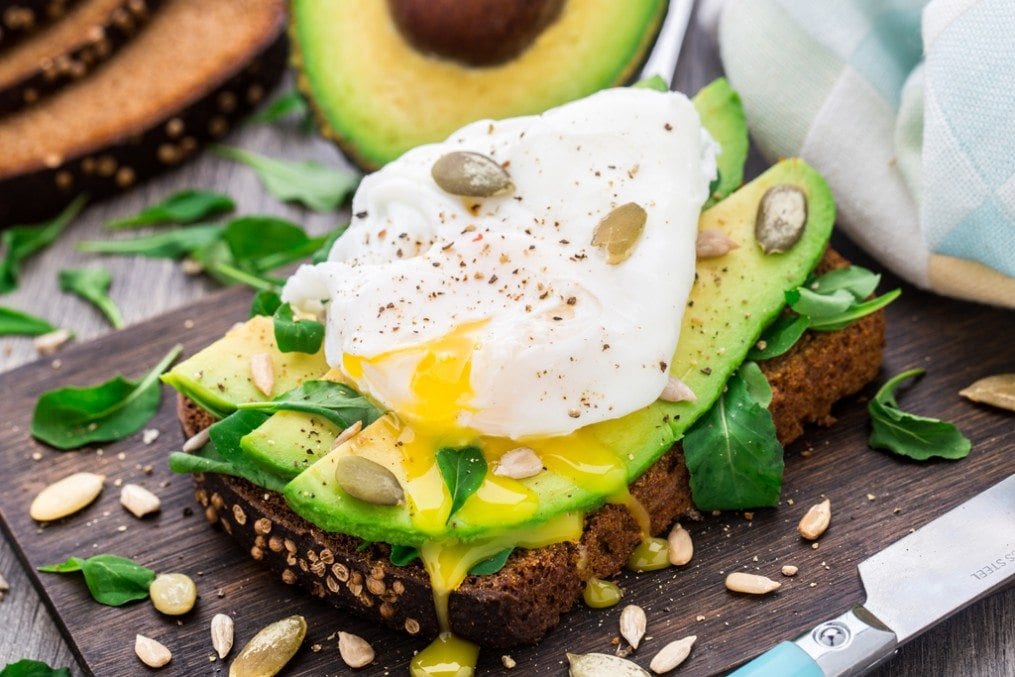Eat more fat to lose fat: 10 tips you need to know
For years, we’ve been told that because fat contains more calories per gram than other foods (nine compared to the four calories in carbohydrates and protein), eating lots of it is the quickest way to pile on the pounds.
A high-fat diet is the latest in expert thinking when it comes to losing the flab. Leading Danish cholesterol expert Dr Uffe Ravnskov sets the record straight.
1. Eating fat doesn’t make you fat
Dr Ravnskov says: ‘The idea that you become fat by eating fat is just as silly as saying you become green by eating green vegetables.’ If you eat a diet high in fat and low in carbohydrates, your body has no choice but to start using your fat stores as fuel.
2. Carbohydrates result in insulin spikes
Released when you eat, insulin’s job is to shuttle glucose, the sugar your body normally uses for energy, into your cells, from where it’s used it as fuel. Sugar and carbohydrates produce the highest level of insulin; protein results in a smaller rise. Fat, however, which is hard for the body to convert into glucose, doesn’t trigger a rise in insulin at all.
3. Whereas protein doesn’t boost blood sugar
Eat a bowl of, say, white rice and your blood sugar will rise quickly and lots of insulin will be produced. Eat a pat of butter and nothing will happen to your blood sugar or your insulin levels.
4. A diet high in protein and low in carbs will burn fat
So, if you swap to a diet that consists of a lot of high-fat foods and very few carbohydrates, you create a situation whereby you remove your body’s normal source of fuel. Under these circumstances, it switches to burning fat, a process scientists call ‘ketosis’.
5. Fat is fuel
When your body senses there’s no sugar in your system, it prompts the fat cells to release triglycerides to create fuel for energy. Every time the body raids its fat stores, those fat cells get smaller and lighter. And guess what? So do you.
6. The right fats will energise you all day
When you eat fat – the right fat, mind, and we’ll get to that – it slows down how fast sugar is released in your system, meaning consistent energy levels. It’s also digested more slowly, meaning you feel fuller for longer. Fat is also mentally satisfying.
7. You can enjoy foods you enjoy
What you’re missing on a low-fat diet is the ‘mouth-feel’ of high-fat foods – that delicious creaminess you get from a spoonful of Greek yoghurt, for instance. The beneficial effects on blood sugar and the psychological delight of being able to eat the foods most of us enjoy, means a high-fat diet is one you’re far more likely to stick to. We like.
8. It’s unsaturated fats are healthy
Much of the fat you eat on The High Fat Diet is from sources no expert is going to argue are bad for you. Avocados, walnuts, oily fish and olive oil all contain unsaturated fats that experts categorically state are good for your health.
9. You don’t have to avoid red meat and butter
However, you’re also adding in foods like butter, cream cheese, red meat and regular cheese – all of which contain the saturated fat that those of us concerned about our health have been told to avoid. They’re blamed for high cholesterol, atherosclerosis, heart disease and obesity.
10. Saturated fats aren’t as bad as we’ve been lead to believe
It turns out that the study this view was primarily based upon (by an American scientist called Ancel Keys) may have been flawed. Not all the data he used was collected effectively and he didn’t take into account other lifestyle elements, such as pollution or smoking, which may have negatively affected the results.
Are you ready to eat more fat to lose fat? Tweet and tell us @healthymag or join in the conversation on our Facebook page












